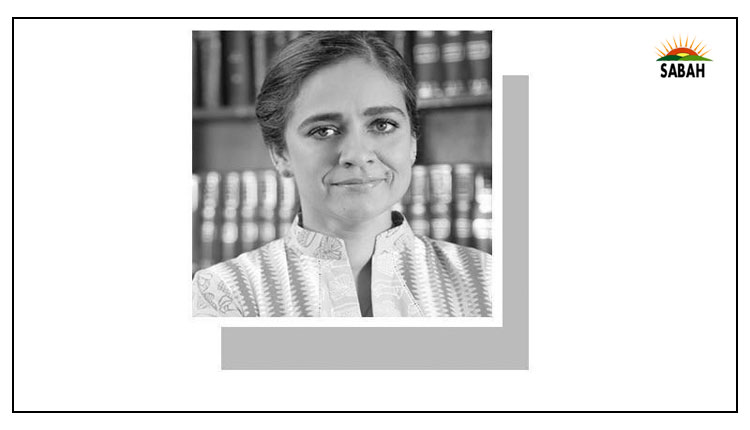Ethnic prejudice…Tahera Hasan
THE events of 1971, resulting in the separation of Pakistan and the creation of Bangladesh, witnessed a terrible aftermath, the impact of which we are still dealing with in 2023. There were migrations between the two countries that continued until the late 1970s. The population that migrated was given cover under the law to be able to apply for and be granted Pakistani citizenship on the basis of proof of presence or residence in the country.
The majority of the ethnic Bengali or Bengali-speaking Pakistani population were issued ID cards when Pakistan introduced its first national identity card in 1973 under Zulfikar Ali Bhutto. The Pakistan Citizenship Act also provides for birthright citizenship, clearly stating that every child that is born in Pakistan is a Pakistani. There is, however, a strong undercurrent of discrimination and xenophobia in our system, whether at the state level or in personal interactions.
This discrimination, or perceiving the population through the lens of ethnicity, has had far-reaching effects, which continue to marginalise and label ethnic groups. Large numbers remain stateless, undocumented, or at the risk of statelessness, or face challenges in the documentation process.
In years of working with this population, specifically on the subject of identity and citizenship, we have seen several complications that cause people to remain without identity documents, or with documents that have unresolved issues. The reason for this is the applicants ethnic background and socioeconomic position. Additionally, with little or no access to education, people are unaware of their legal rights, resulting in them being actively profiled and ostracised.
There are numerous blocked CNICs and forcible registration in the alien registration database in the early 2000s, resulting in the cancellation of citizenship for many families. Also, due to non-implementation of law and policy, entire families daily living and access to fundamental rights like health, education, employment, housing and progress are hampered. The root cause is their ethnic background and the presumption that they are foreigners, aliens and non-nationals.
The Pakistan Bureau of Statistics recently launched a website for self-enumeration, giving every citizen the option to count themselves in the census. This is a good move to facilitate the collection of data and allow citizens to include themselves easily in the head count. However, the entry forms have grave errors that create possibilities of further discrimination against a population that is already facing many challenges. Whether the error is due to deep-rooted layers of discrimination and xenophobia, or stems from an immense lack of awareness on the part of the authorities, the impact is equally harmful.
The online form for collection of census data does not list Bengali as a language, despite the fact that we have Bengali-speaking Pakistanis in our midst. Instead, Bengali is listed as a nationality. From 1971 to date, we have not been able to understand that Bengali is not a nationality but a language. Bangladeshi is a nationality. Bengali should be removed and Bangladeshi added as an option in the nationality column. Every Bengali-speaking person is not Bangladeshi. The impact of this misrepresentation and discrepancy is mammoth.
The potential effect of this is seen in the multiple cases where Bengali-speaking Pakistani citizens, who have all their required documentation, including valid CNICs and passports, have entered Bengali in the nationality portion of the form. Not only does this result in inaccurate data and misrepresentation of the situation on the ground, it also creates additional avenues to discriminate and profile a population that is already marginalised because of the language they speak, despite having a third generation living in Pakistan. Hence, as mentioned, they remain stateless, at the risk of statelessness or undocumented even though there are legal and policy provisions to ensure that the rights of this segment are upheld.
We as a state dont implement our citizenship laws, nor do we implement birthright citizenship, thus depriving children of their right to nationality and the right to belong. We do not implement Article 25-A of the Constitution, preventing children from accessing the most fundamental of rights education.
To reiterate, the underlying cause of discrimination is ethnicity coupled with economic status. The inaccurate intake of census data needs to be rectified to ensure we do not create further hurdles or give opportunities for discriminating against an already marginalised population. The collection and entry of data must be accurate and fair.
Courtesy Dawn












